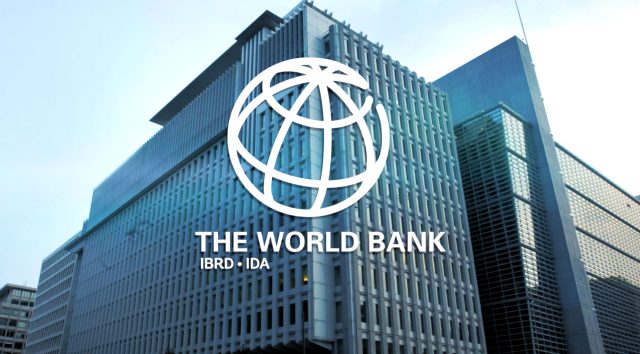The World Bank has approved a $250 million financing to assist Bangladesh in strengthening its environmental management and encouraging private sector participation in green investment.
The 30-year term loan with a five-year grace period will help the Bangladesh Department of Environment strengthen its technical and administrative capacity, said a statement issued by the international financial institution’s Dhaka office on Friday.
The financing will help the country tackle key pollution issues, benefitting over 21 million people living in the capital Dhaka and beyond.
The Bangladesh Environmental Sustainability and Transformation (BEST) Project will establish a Green Credit Guarantee Scheme to incentivize the financial sector to support green investments that will reduce air pollution.
“Bangladesh’s rapid economic growth and urbanization have come at a high environmental cost in terms of pollution. Not only that the pollution is impacting our health, but also it is eroding the country’s economic competitiveness,” said Dandan Chen, World Bank’s acting country director for Bangladesh and Bhutan.
“This project will strengthen the country’s environmental institutions to better control pollution and promote sustainable development,” the statement said.
The project will assist in the construction of four vehicle inspection centers using a private-public partnership model to inspect approximately 46,000 vehicles annually.
An e-waste management facility will be set up to process 3,500 metric tons of e-waste annually. The project will help reduce over 1 million metric tons of Green House Gas emissions from targeted sources.
Air pollution and lead exposure are responsible for more than one-fifth of deaths in Bangladesh in 2019, costing about 12% of the country’s GDP, said Jiang Ru, World Bank’s senior environment specialist and task team leader for the project.
“Strong environmental regulations and strict environmental enforcement will incentivize the private sector to invest in pollution control and green growth and thus help the country to achieve its target of net-zero emissions by 2050,” he added.
It will also establish continuous water quality monitoring stations to ensure that selected industrial effluent treatment plants are environmentally compliant.
The project will also establish a first-of-its-kind network of 22 continuous surface water quality monitoring stations to begin real-time monitoring of water quality in Dhaka rivers and targeted international rivers in real-time.















